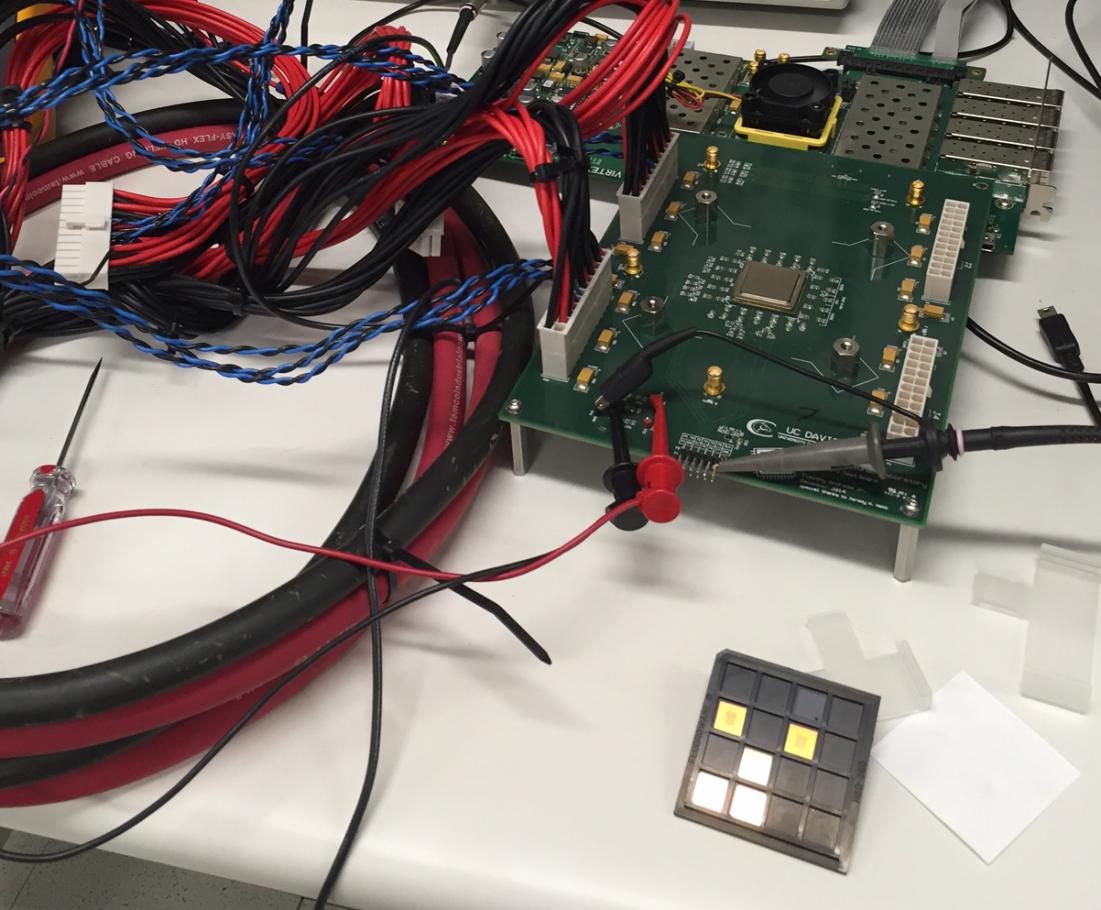The world's first 1,000-core processor is here

All the latest news, reviews, and guides for Windows and Xbox diehards.
You are now subscribed
Your newsletter sign-up was successful
The boffins at UC Davis have created the world's first 1,000-core processor, called KiloCore. Containing 621 million transistors, the processor can handle 1.78 trillion instructions per second.
Bevan Baas, professor of electrical and computer engineering at UC Davis, led the team behind the chip architecture:
To the best of our knowledge, it is the world's first 1,000-processor chip and it is the highest clock-rate processor ever designed in a university.
Each processor can handle tasks independently of other cores in the cluster, which drastically cuts down on energy usage as cores that are not in use are automatically shut off. The cores are fabricated by IBM on a 32nm CMOS node, with average clocks of 1.78GHz. Having a system with several cores running in parallel is useful when crunching through large datasets, as well as "wireless coding/decoding, video processing, encryption, and others."
The KiloCore is said to be 100 times more efficient than a modern laptop CPU, handling 115 billion instructions per second while using only 0.7W of power.
All the latest news, reviews, and guides for Windows and Xbox diehards.

Harish Jonnalagadda is a Senior Editor overseeing Asia for Android Central, Windows Central's sister site. When not reviewing phones, he's testing PC hardware, including video cards, motherboards, gaming accessories, and keyboards.
